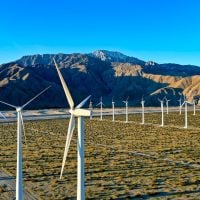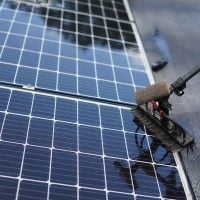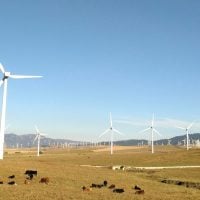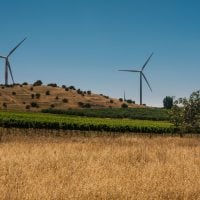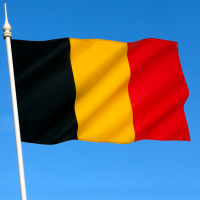Deadline: 20-Feb-2024
The Foreign, Commonwealth and Development Office (FCDO) invites not-for-profit organisations to submit proposals to deliver Public Interest Media and Healthy Information Environments (PIMHIE) Programme.
The Democratic Resilience Platform seeks to provide significant support to reverse democratic declines and shape and influence the international system, as part of FCDO’s commitment to support open societies and the Sustainable Development Goals. Within the goals of the Platform, the Public Interest Media and Healthy Information Environments (PIMHIE) programme seeks to support the critical role of public interest media and a healthy information environment in open and inclusive societies.
This call for proposals seeks to find a partner to deliver a Public Interest Media and Healthy Information Environments (PIMHIE) programme as a response to the commitment in the White Paper. PIMHIE will seek to build on learning from the FCDO’s previous programming on media and information environments, including through the Protecting Media Freedom programme, the UK Aid Connect Programme, and other regional and country-based programming. It will also build on learning from a wider range of programming on media and the information environment supported by other donors.
The programme will seek to promote synergies between diplomatic and development action, supporting FCDO’s Embassies, High Commissions and other missions (‘posts’) to engage in their host countries in ways that promote the long-term development and health of media and information environments. Many FCDO posts are working to support media freedom and/or media development with relatively limited resources, often working with partners in the Media Freedom Coalition. It is anticipated that facilitating greater linkages between this programme and posts’ wider diplomatic and development activities on media freedom and media development will lead to better results.
Strategy and Objectives
- The Problem
- It has long been understood that public interest media plays a critical function in both democracy and development. However, recently this role has come under increasingly acute threat due to attacks on media and journalists, the deteriorating financial situation of many media outlets, and the rapid global rise and spread of mis- and disinformation and propaganda.
- Freedom of expression, media independence, diverse perspectives, and access to information are the cornerstones of democracy. A well-functioning independent media system is critical to sustainable social and economic development, and a bulwark of peaceful, economically prosperous societies. Greater citizen engagement, stronger accountability, and lower corruption are all attributable to the presence of professional news media. A vibrant news sector is also fundamental as the first line of defence against democratic backsliding.
- Response to the problem – the programme and its policy objectives
- At the impact level, the programme seeks to work towards healthier information environments in a number of country contexts, where a steady flow of trusted public interest media content is more freely and widely available.
- At the outcome level, the programme seeks to work towards the following objectives. These are intended as broad guide to the areas where they would like to see results rather than rigid end goals. It is anticipated that the programme will take an opportunistic, flexible and adaptive approach, funding initiatives in each country that have the greatest chance of achieving results in the areas below.
- Improved ability of media organisations (a) to deliver high quality, inclusive public interest content which engages audiences, builds trust, and builds resilience against disinformation; and (b) to remain resilient given the ongoing political and economic challenges facing the media sector.
- Improvements in the wider enabling environment for information and media in programme countries (may include e.g. legal and regulatory environments, institutions and organisations which play a key role in the sector, media literacy, safety and security of journalists).
Funding Information
- Value of funding: More than £1,000,000
Eligible Countries
- The programme will operate in five to six ODA-eligible countries. The countries will be selected during a four- to six-month set-up phase. This phase will involve discussions between Democratic Governance and Media Freedom Department, the successful organisation or consortium, and a number of FCDO posts.
- The programme countries will be selected from the following ‘long list’. This list may be subject to minor changes in the run up to the programme start date.
- Middle East and North Africa: Morocco, Egypt
- Sub-Saharan Africa: Cameroon, Democratic Republic of Congo, Ethiopia, Kenya, Nigeria, Rwanda, Sierra Leone, Tanzania, Zambia
- East and Southeast Asia: Philippines, Indonesia, Vietnam
- South Asia: India, Pakistan, Bangladesh
- Central Asia: Uzbekistan, Kyrgyzstan
- North and South America: Mexico, Peru
Eligibility Criteria
- As this call is for an accountable grant, only not-for-profit, civil society and research organisations are eligible to submit proposals.
- They will make one award under this call, but are open to proposals either from individual organisations or from consortia. In order to support involvement of local partners, the proposal process is non-exclusive – that is, there is nothing to prevent the same organisation from being part of multiple proposals.
For more information, visit FCDO.


